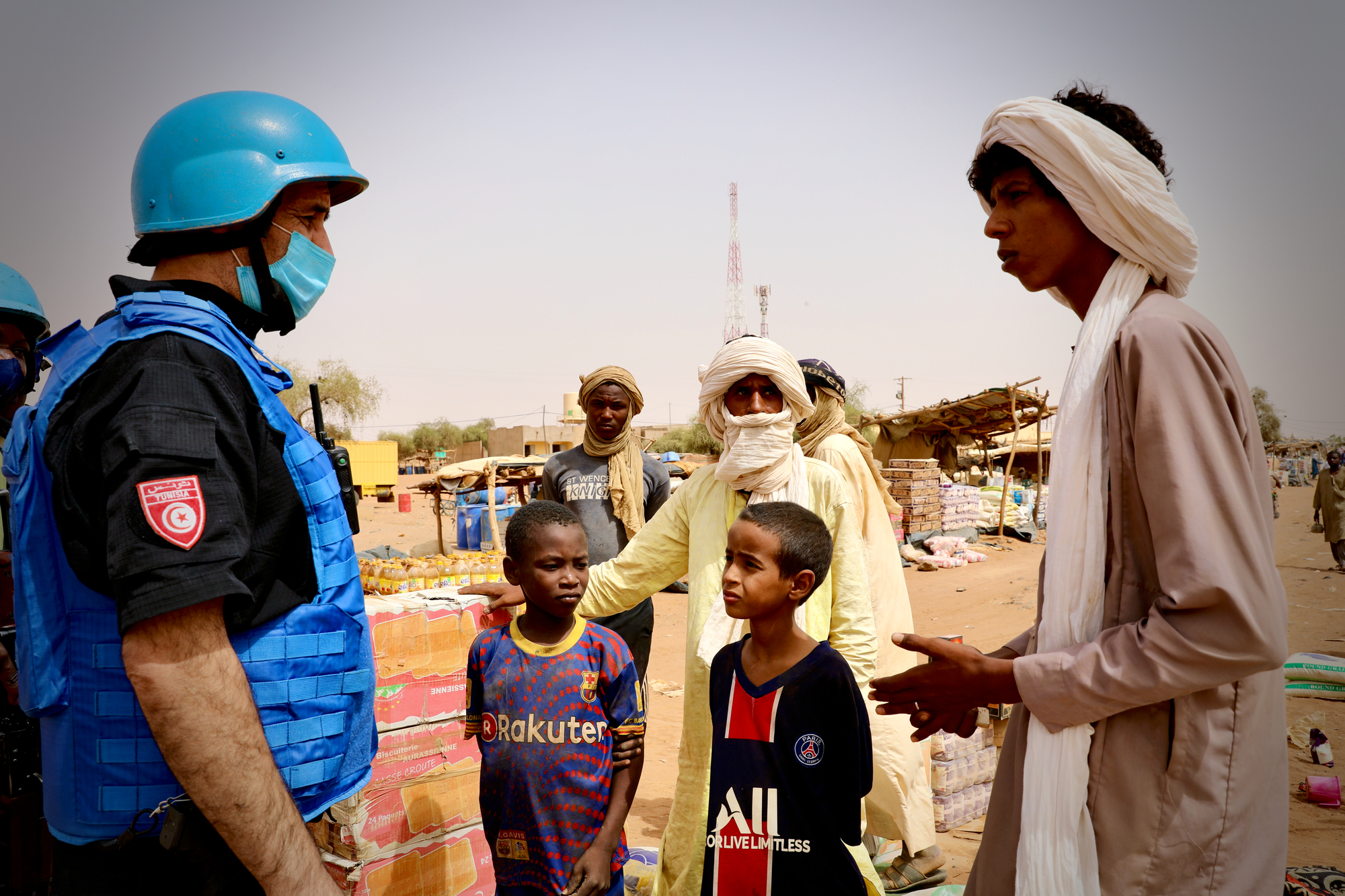For more than seven decades, UN peacekeeping has been one of the most important tools the UN has at its disposal for conflict mitigation and stabilization. Helping countries navigate the difficult path from conflict to peace, peacekeeping has unique strengths, including high levels of international legitimacy and an ability to deploy and sustain troops and police from around the globe, integrating them with civilian peacekeepers to advance multidimensional mandates. Today’s peacekeeping operations are called upon not only to stabilize conflict zones and separate warring parties but also to protect civilians from violence; assist in the disarmament, demobilization, and reintegration of former combatants; support the organization of elections; protect and promote human rights; and help restore the rule of law.

UN peacekeeping operations are authorized by the UN Security Council, and the U.S. has long used its position as a permanent member of that body to advocate for broadening the size and scope of peacekeeping mandates to more effectively meet the world’s evolving security and civilian protection challenges. Both Republican and Democratic presidents have recognized the value of UN peacekeeping, because: